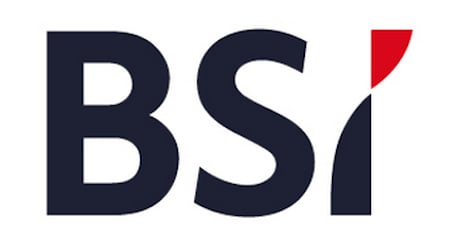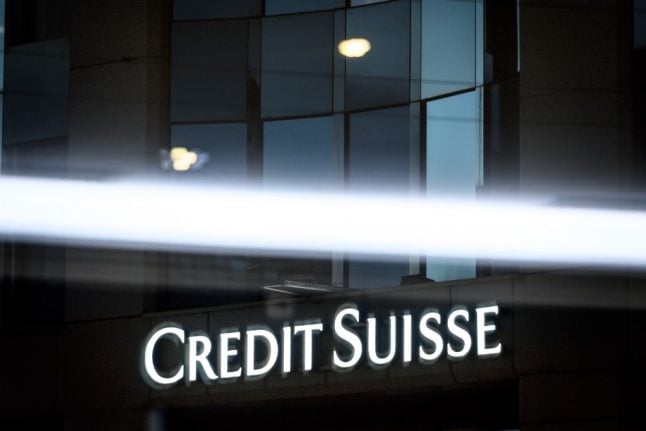The bank, headquartered in the canton of Ticino, BSI employed myriad schemes to facilitate tax evasion, such as creating false-front corporations and trusts to hide money.
BSI had more than 3,000 active accounts secretly tied to US taxpayers after 2008, many of which it knew were not disclosed to US authorities, the justice department said.
Under a two-year deferred prosecution agreement, BSI agreed to make a complete disclosure of cross-border activities, assist prosecutors with all investigations related to the case and ensure that all new accounts will be declared to the US.
BSI came forward to US prosecutors under a 2013 program started by the justice department's tax division to encourage banks to self-disclose violations.
The department expects similar agreements in the "near future", said assistant attorney general Caroline Ciraolo.
"The program offers a unique opportunity for Swiss banks to come forward voluntarily, admit to criminal conduct, pay an appropriate penalty, and assist the department in its investigations of other financial institutions, US account holders, and individuals who facilitated and profited from the concealment of foreign accounts by US taxpayers," Ciraolo said.
More than a dozen Swiss banks that were already under criminal investigation were excluded from the initiative, called the "Swiss Bank Program."
That included Credit Suisse, which was fined $2.6 billion last year for helping Americans hide money offshore to avoid taxes.
As part of the settlement, Credit Suisse admitted guilt on a felony charge.
The initiative has also netted more than $7 billion to the US Treasury from individual taxpayers seeking to get into compliance.



 Please whitelist us to continue reading.
Please whitelist us to continue reading.
Member comments